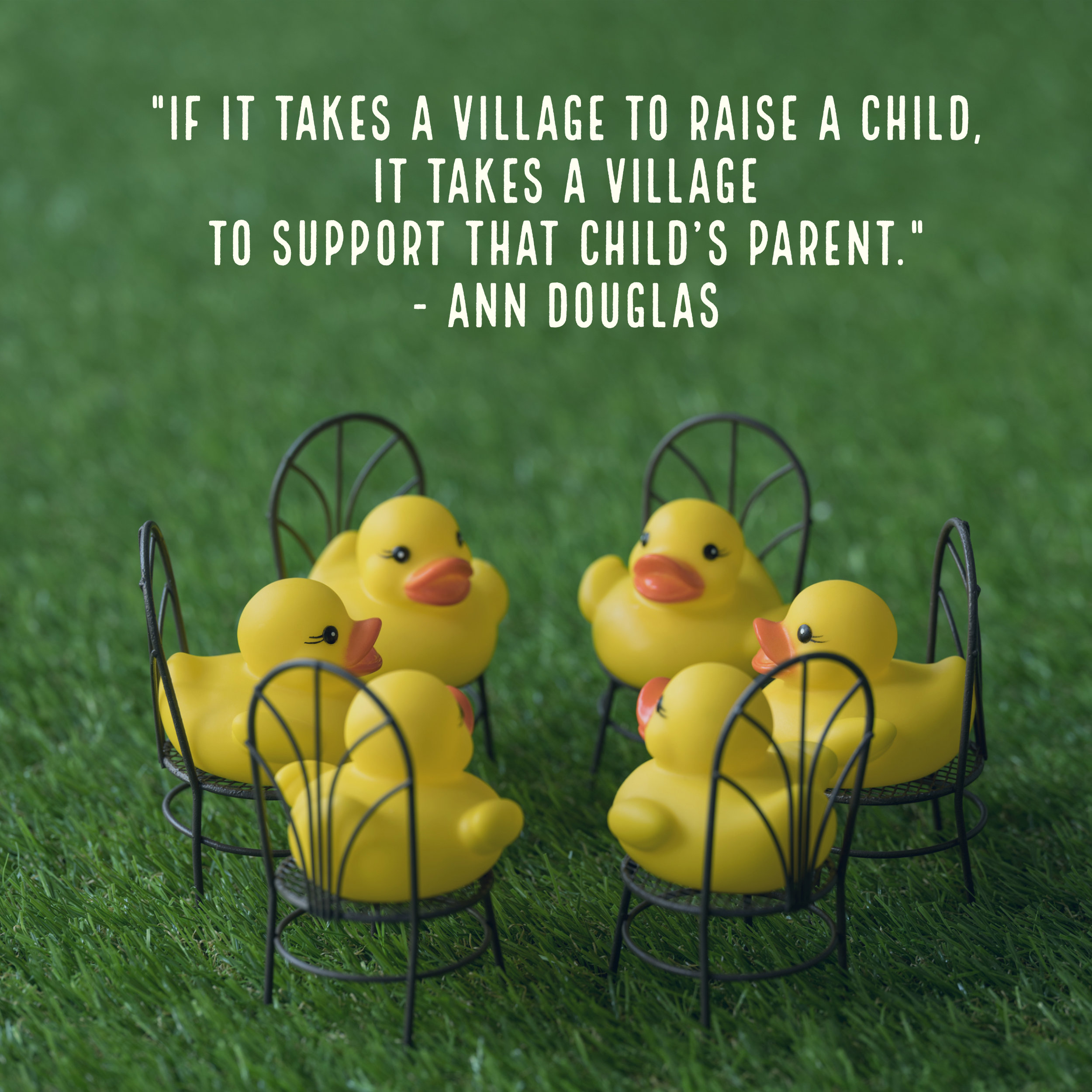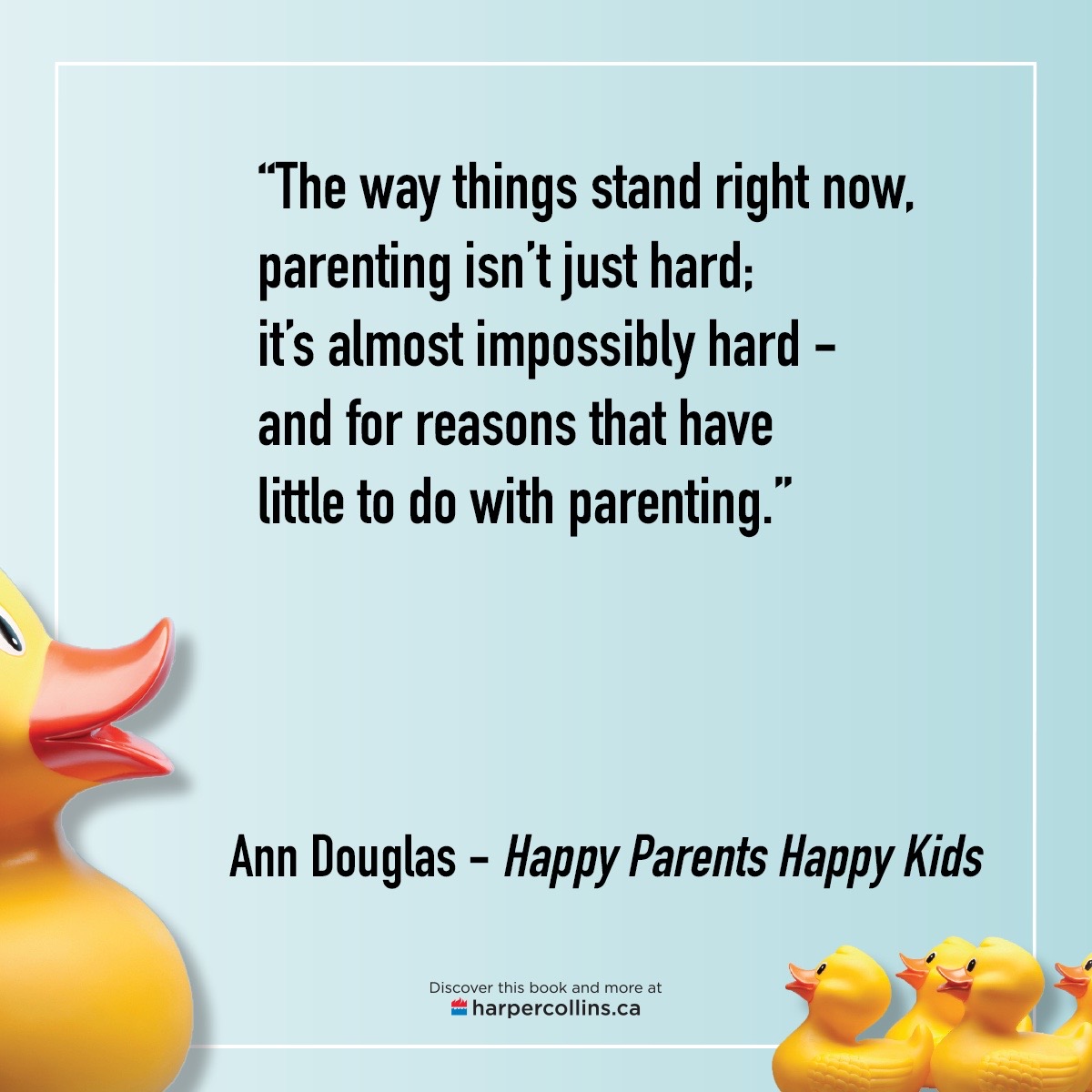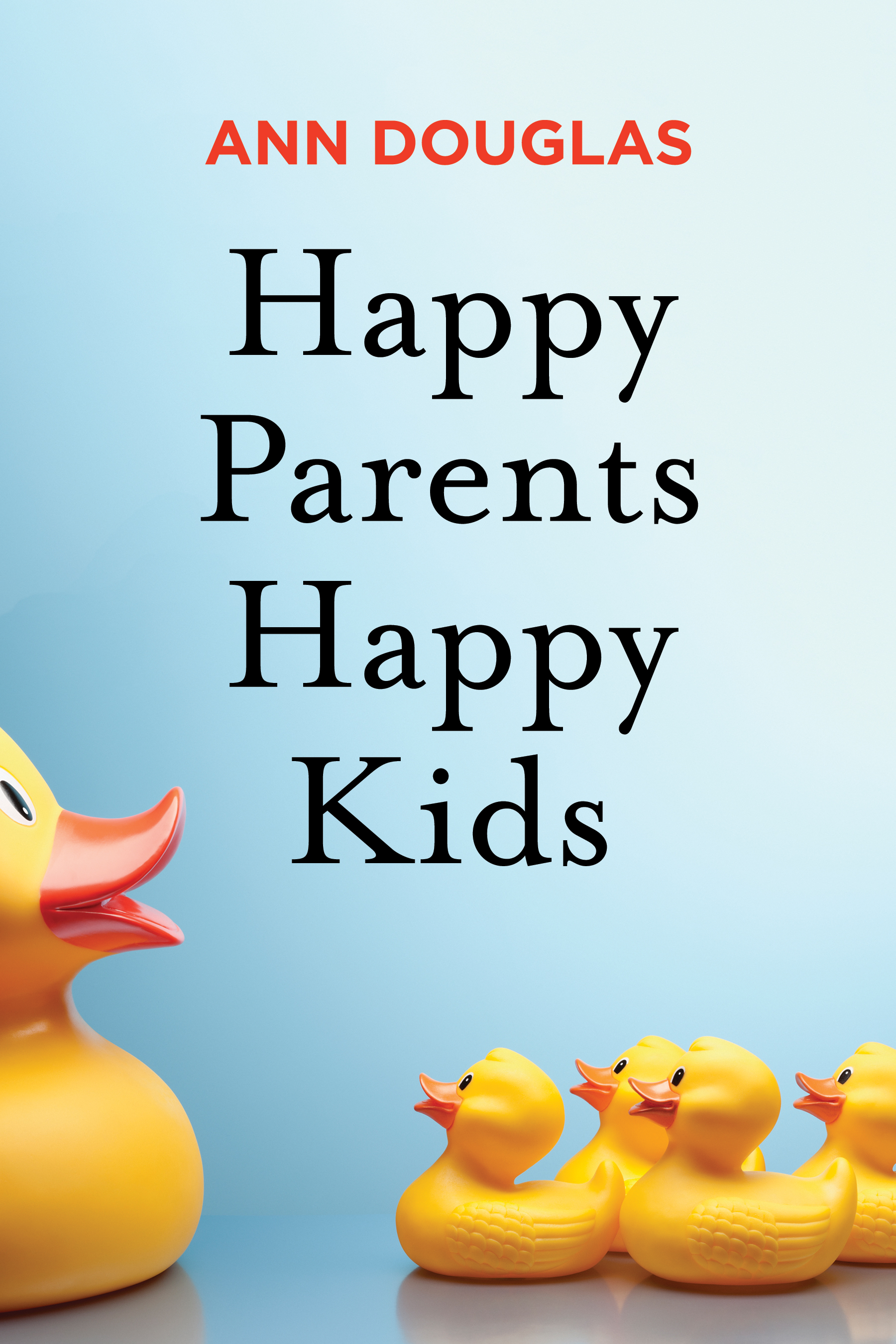If it takes a village to raise a child, it takes a village to support that child’s parent. Here’s how to be that village….
Parenting can feel like an exercise in endurance: much more marathon than sprint. But many parents today are left feeling like they are being asked to run an entire relay race on their own, without the much-needed support of any teammates.
That’s not how it’s supposed to work. We were never meant to raise children on our own. And doing so makes parenting so much more difficult and more stressful.
I think we need to talk about this more. I think we need to talk about why so many parents are hungering for support from “the village” and why that support can be so hard to find.
Because here’s the thing: Parents needs support and they need it at every stage of parenting.
13 million calories and counting
Parenting requires a huge investment: an investment that is much bigger than what any individual parent or set of parents is capable of providing on their own. Anthropologists estimate that 13 million calories are required to raise a child from birth to the point of nutritional self-sufficiency (the point at which they are capable of buying their own groceries). And that’s just talking groceries! As every parent on the planet will tell you, parenting is about so much more than buying groceries….
So where is “the village”?
These days, it can be challenging for any parent to find and connect with “the village.” Families are increasingly isolated and cut off from one another. Whether you blame it on the geography of our neighbourhoods or the relentlessness of our work schedules or the exhaustion of the combined work-life load, we’re increasingly squirrelled away in our own homes. Parents have to make a conscious effort to find and connect with other parents in their communities—and that can be hard.
And, of course, it’s important to acknowledge that it is more difficult for some parents to tap into support than others. I’m thinking about parents who may be new to a particular community; parents who are raising a child with some sort of mental health or behavioural challenge or health concern; parents who are barely scrapping by from pay cheque to pay cheque and who may not have the financial resources to sign their kids up for extra-curricular activities that might otherwise bring them into the orbit of other families; parents who are working unpredictable schedules that make it hard to make plans. All those factors can make it extra challenging to find let alone connect with your “village.”
On finding or rebuilding “the village”
If you’re a parent who is finding it hard to find support in your community, start out by looking for that support online. And then, once you’ve tapped into that support online, look for opportunities to carry those relationships into the community as well. Maybe you can find an online group for parents and kids in your neighbourhood that offers the best of both worlds: instantly accessible online support when you’re looking for support and advice in the midst of a really bad day (or even longer night!) of parenting plus offline neighbourhood get-togethers that provide opportunities for the face-to-face conversations that you may be craving.
And, while you’re at it, lose the guilt. Don’t feel like you’re imposing on other people when you accept – or even ask for – this kind of support. Think about times in your life when you were able to offer hands-on help to another person. What you no doubt discovered is that it doesn’t just feel great to be on the receiving end of such support. It feels just as great to be on the giving side of that equation. So don’t deprive your fellow villagers of the opportunity to experience the joy that comes from providing that kind of support to you.
Finally, recognize what the village stands to gain by supporting parents and kids. It can be hard to keep this big-picture in mind in our fiercely individualistic culture. Too often, parents who ask for support are rebuffed by harsh and judgmental messages that are anything but supportive (“Hey, parents. You made the decision to have kids. Stop asking the village for help in raising them!”) This is because we have a tendency in the broader culture to treat parenting as a personal problem that every family needs to solve on its own. But here’s the thing: the village has a vested interest in the health and wellbeing of its children because they represent the next generation of citizens and workers.
That’s how things are supposed to work. Parents are supposed to feel supported by their fellow villagers. There are, after all, so many things the village can do to make things easier and better for parents and kids—and it’s actually in the village’s best interest to do so. Because when parents and kids are healthier, “the village” is healthier, too. Talk about the ultimate win-win!
Want to read more about the importance of tapping into support from “the village”? You might enjoy this book excerpt from Ann Douglas’ latest book, Happy Parents, Happy Kids.






